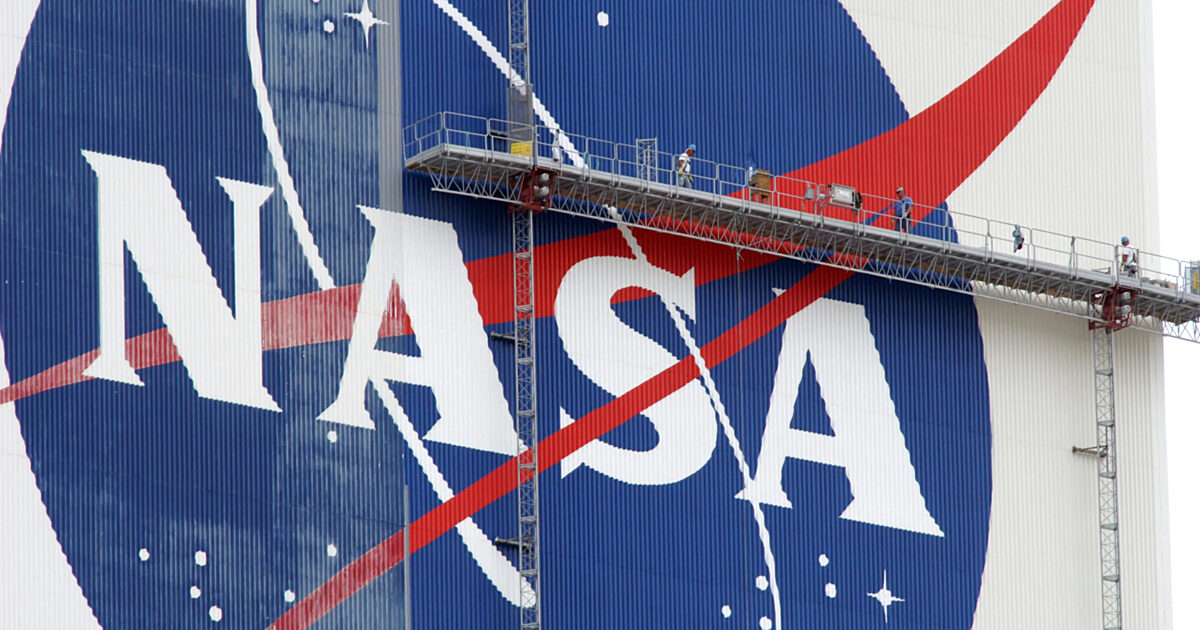February 2025 Edition of the Space Advocacy Newsletter


Navigating the Future of NASA: Budget Cuts and Political Disruption in Space Policy
The recent landscape of space exploration is undergoing significant transformation, particularly with the new administration’s approach to NASA. As we step into March, the political climate surrounding space policy appears more turbulent than ever, raising crucial questions about the future of the agency and its various initiatives.
The Political Shifts Impacting NASA
With a new administration in place, we see a notable shift in how space policy is perceived and enacted. Notably, the presence of influential figures such as SpaceX’s CEO Elon Musk as a key advisor to the President is expected to elevate the profile of space exploration in political discourse. However, this change comes with its set of challenges.
Potential Workforce Reductions
A recent executive order aimed at downsizing the federal workforce raises concerns about significant layoffs at NASA. The agency employs over 17,000 civil servants nationwide, many of whom work in districts represented by members of the President’s party. This creates a complex dynamic where local job preservation may conflict with national policy directives.
The potential for job losses extends beyond civil servants; thousands of contractors are also at risk, especially those involved in critical projects like the Space Launch System (SLS) rocket. The fear is that if these initiatives are cut, even more positions could be eliminated.
Rising Tensions in Congressional Support
Historically, Congress has often resisted drastic budget cuts to NASA, but recent partisan tensions may complicate this. For the first time in decades, we are witnessing a shift away from a parochial approach to space funding, as representatives grapple with the need to align with party leadership versus protecting local interests. The decisions made in the coming months could hinge significantly on voter sentiment and priorities.
The Impact of Executive Orders
NASA’s response to the influx of executive orders has been swift and drastic. The agency has begun to retract access to internal policy documents and scientific reporting, and many of its advisory groups have been suspended. This lack of transparency raises questions about the future of scientific collaboration and innovation within the agency.
The Looming Budget Crisis


As we look ahead, a more pressing concern emerges: potential cuts to NASA’s budget. Speculation suggests that the forthcoming 2026 Budget Request could propose reductions of up to a third for many agencies, aligning with broader congressional initiatives aimed at slashing non-military spending by $2 trillion over the next decade.
Such dramatic cuts would likely lead to mission cancellations and delays, particularly affecting scientific projects that lack commercial alternatives. The Astro Touring is committed to advocating for the essential role that NASA plays in advancing space science and exploration.
Join the Movement for Space Advocacy
As we face these challenges, public engagement becomes crucial. The Astro Touring is organizing its annual Day of Action in Washington, D.C., on March 23 and 24, 2025. This event will empower citizens to become effective advocates for space policy, ensuring that their voices are heard in the corridors of power. Registration is open until March 10, 2025.
What’s on the Reading List?
This month, several noteworthy readings have caught my attention:
- A report from the Center for Security and Emerging Technology highlights SpaceX’s growing monopoly over U.S. national launch capabilities.
- Carl Sagan’s “The Demon-Haunted World: Science as a Candle in the Dark” serves as a powerful reminder of the importance of science advocacy.
- Boeing’s recent notification of potential layoffs affecting 400 employees due to cuts in the SLS program raises concerns about the future of this critical initiative.
Ground Truth: A Data Perspective
A recent analysis of U.S. orbital rocket launches underscores SpaceX’s dominance in the market. If SpaceX were classified as a sovereign entity, it would rank fourth worldwide in total launches, trailing only Russia/USSR, the United States, and China.
As we navigate this complex landscape, the dialogue around NASA’s budget and its implications for future space endeavors remains more critical than ever.
Together, we will continue to advocate for a robust and innovative future in space exploration. For any questions, suggestions, or topics you’d like to explore in future discussions, please reach out. Until next month, let’s stay informed and engaged in this pivotal journey.










